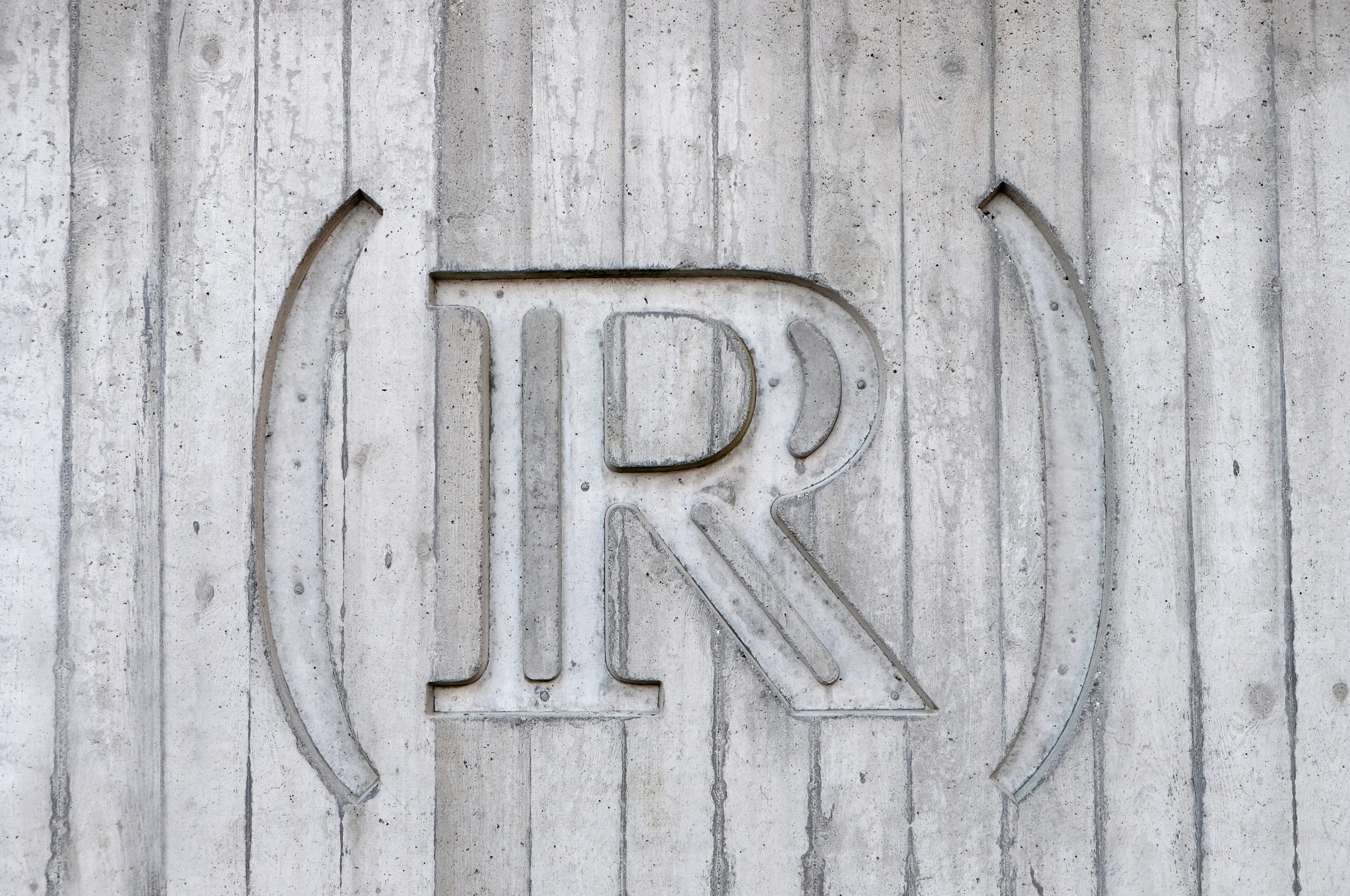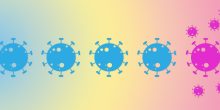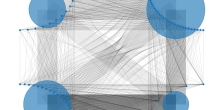What is nice about math, is that its language is truly universal. Talking about many things with people from other backgrounds, one could easily end up being lost in translation.
In math, however, such a thing does not exist.
All around the world mathematicians care about clean and elegant arguments and understanding the structure of complex objects, ultimately leading to a formal proof of certain properties. We speak the language of math.
This may actually be the reason why it's so easy to relate to other mathematicians, I realised some time ago when visiting India. Early 2018, a delegation of NETWORKS members was invited to attend a workshop at the Indian Institute of Statistics in Kolkata. And this was for many of us our first acquaintance with India, with its specific internal logic, culinary challenges, and unanticipated bureaucratic hurdles.
It won't surprise you that arriving in India first causes a series of culture shocks, where I was told that Calcutta is actually quite a bit on the extreme side within the Indian spectrum. The great thing, however, is that as soon as the taxi has dropped you off at the venue of the workshop, and you meet with the fellow mathematicians, things become nice and simple again. You get together, go to a lecture theater, and off you go. There was an excellent program of highly inspiring talks on stochastic networks and random graphs, both by the Indian and the Dutch participants.
And of course there's the next level. After days of hard work, we had very nice meals together, where we obviously talked a lot about math, and in particular about our passion for math. But in addition we very much talked about our lives, which actually turned out not too different after all.






